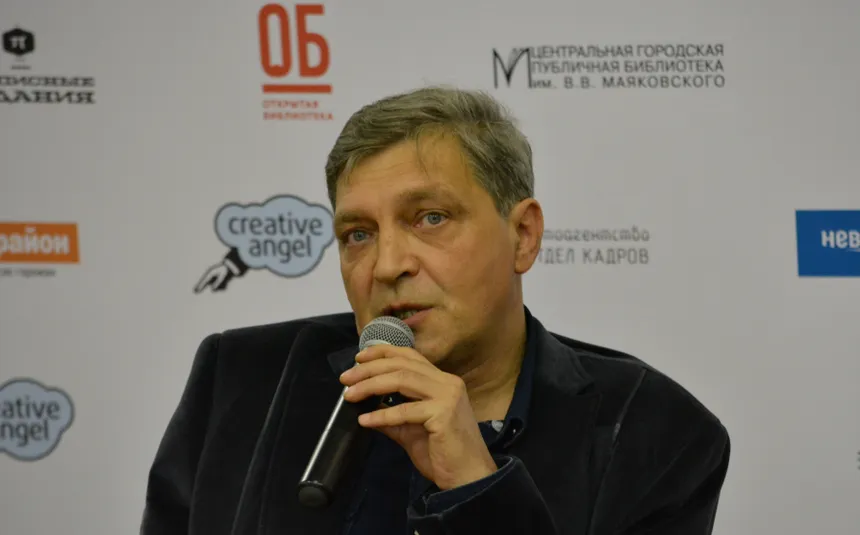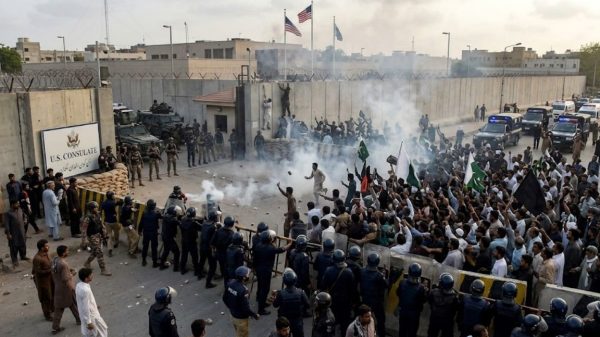Alexander Nevzorov, a Russian television journalist and former legislator, has been sentenced to eight years in prison in absentia by a Moscow court on charges of spreading false information about the military. This is the latest move in the Russian authorities’ relentless crackdown on dissent.
Nevzorov was convicted of posting “false information” on social media about the Russian shelling of a maternity hospital in the Sea of Azov port of Mariupol. Moscow has fiercely denied its involvement in the shelling, which occurred during the Ukrainian conflict. However, Nevzorov’s claim has not been independently verified, and his conviction raises questions about the government’s handling of criticism.
The Russian authorities have been using a law adopted shortly after President Vladimir Putin sent troops into Ukraine to silence dissenting voices. The law effectively exposes anyone critical of the Russian military action in Ukraine to fines and prison sentences of up to 10 years. Nevzorov’s conviction is part of a broader campaign to punish those who dare to speak out against the government’s actions, a pattern that has been observed in several other high-profile cases.
As a prominent opposition figure, Nevzorov’s conviction is a significant blow to the Russian opposition movement. The journalist, who moved abroad after the start of the Ukrainian conflict, has been vocal in his criticism of the Russian government’s actions in Ukraine. His conviction sends a clear message to other opposition figures that speaking out against the government will come at a steep price.

Alexander Nevzorov (Via Alexander Nevzorov/Twitter)
Nevzorov’s conviction is part of a larger pattern of repression in Russia. In December, prominent opposition politician Ilya Yashin was sentenced to eight and a half years in prison under the same law. Another leading opposition figure, Vladimir Kara-Murza, has been in custody facing the same charges. These convictions raise concerns about the Russian government’s commitment to human rights and the rule of law.
The Russian government’s crackdown on dissent has also had international repercussions. The European Union and the United States have both expressed concern about the Russian government’s treatment of critics and opposition figures. The convictions of Nevzorov, Yashin, and Kara-Murza have garnered widespread attention, and many have called for the Russian government to respect the rights of its citizens.
Nevzorov’s conviction is a stark reminder of the Russian government’s willingness to use its legal system to silence dissenting voices. The government’s use of laws like the one cited in Nevzorov’s conviction raises serious questions about the separation of powers and the protection of human rights in Russia. As the Russian government continues to crack down on dissent, it is critical that the international community holds Russia accountable for its actions and helps to protect the rights of its citizens.











































